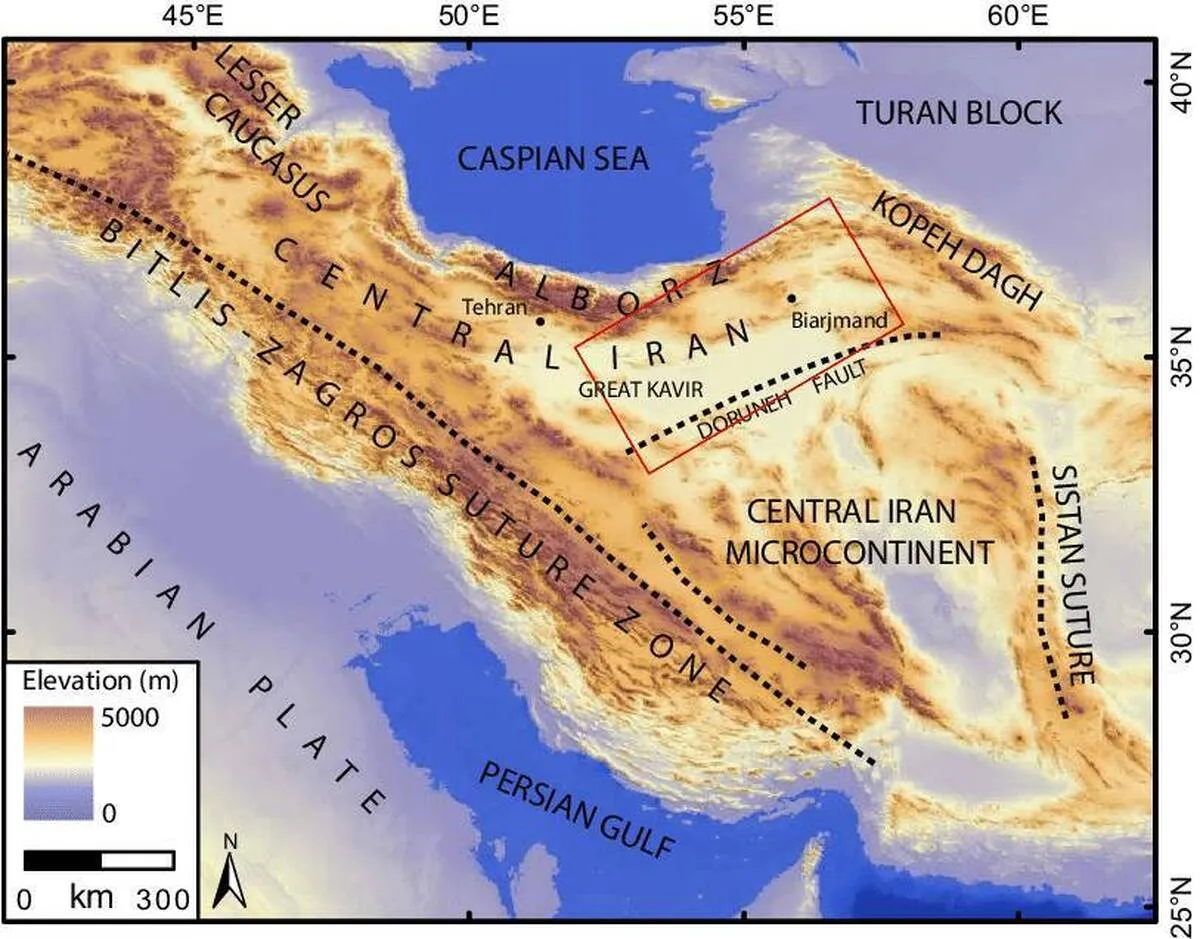New Study Reveals Persian Plateau as Key to Human Migration Puzzle

This revelation sheds new light on the complex journey of human populations, challenging previous understandings of our species’ expansion into Eurasia. The study, published in Nature Communications, highlights a crucial period between approximately 70,000 to 45,000 years ago when human populations did not uniformly spread across Eurasia, leaving a gap in our understanding of their whereabouts during this time frame.
Key findings from the research include: The Persian Plateau as a hub for early human settlement: Using a novel genetic approach combined with palaeoecological modeling, the study revealed the Persian Plateau as the region where population waves that settled all of Eurasia originated.
This region emerged as a suitable habitat capable of supporting a larger population compared with other areas in West Asia.
Genetic resemblance in ancient and modern populations: The genetic component identified in populations from the Persian Plateau underlines its long-lasting differentiation in the area, compatible with the hub nature of the region, and is ancestral to the genetic components already known to have inhabited the Plateau.
Such a genetic signature was detected thanks to a new approach that disentangles 40,000 years of admixture and other confounding events. This genetic connection underscores the Plateau’s significance as a pivotal location for early human settlement and subsequent migrations.
Study co-author Professor Michael Petraglia, Director of Griffith University’s Australian Research Centre for Human Evolution, provided a much clearer picture of these early human movements.
“Our multidisciplinary study provides a more coherent view of the ancient past, offering insights into the critical period between the Out of Africa expansion and the differentiation of Eurasian populations,” Professor Petraglia said. “The Persian Plateau emerges as a key region, underlining the need for further archaeological explorations.”
First author Leonardo Vallini of the University of Padova, Italy, said: “The discovery elucidates a 20,000-year long portion of the history of Homo sapiens outside of Africa, a timeframe during which we interacted with Neanderthal populations, and sheds light on the relationships between various Eurasian populations, providing crucial clues for understanding the demographic history of our species across Europe, East Asia, and Oceania.”
Senior author, Professor Luca Pagani added: “The revelation of the Persian Plateau as a hub for early human migration opens new doors for archaeological exploration, enriching our understanding of our species’ journey across continents and highlighting this region’s pivotal role in shaping human history.”
4155/v





















